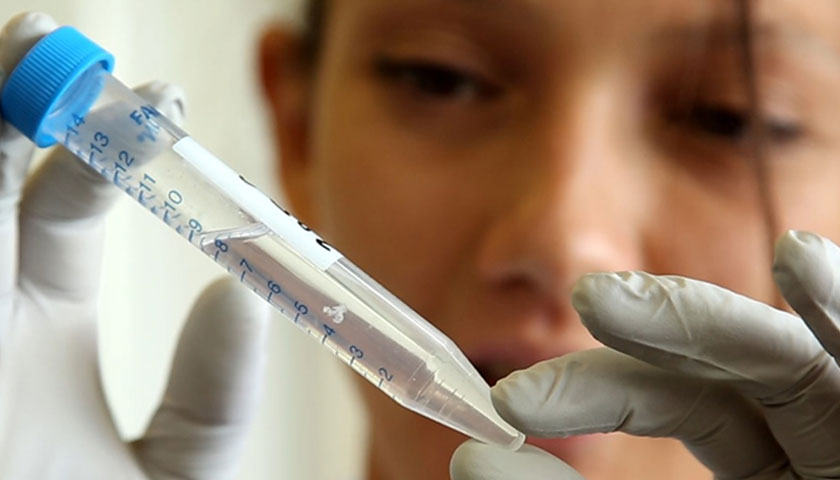UNESCO’s groundbreaking environmental DNA programme has mapped nearly 4,500 marine species across 21 World Heritage sites around the world, providing new key data and a revolutionary method for stronger ocean protection in an era of rapid climate disruption. This UNESCO programme revolutionizes the way we observe and monitor marine life. At a time when the degradation of biodiversity is reaching an alarming pace, it provides new opportunities to better understand and protect critical ecosystems in the 18,000 protected marine areas around the world. In accordance with its Recommendation on Open…
Read MoreTag: eDNA
UNESCO launches global eDNA project to study vulnerability of species to climate change at marine World Heritage sites
An ambitious project using cutting edge environmental DNA, known as eDNA, to understand the richness of biodiversity of UNESCO’s marine World Heritage sites launches today. It will involve the collection by scientists and local residents of genetic material from waste, mucus or the cells of fish from across select marine World Heritage sites, with the aim of monitoring fish, including species red-listed by the International Union Conservation of Nature (IUCN). eDNA involves collecting and analyzing samples collected from the environment (soil, water, air) rather than an individual organism. The two-year eDNA project will help measure the vulnerability of marine biodiversity to climate change and the impacts of that change on the distribution and migration patterns of marine life across marine World Heritage sites. Launched at the start of the United Nations Decade of Ocean Science for Sustainable…
Read More
